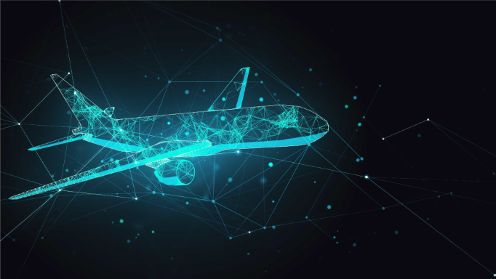Airport Economics
Learn to understand the airport business in the 21st century, including regulatory, financial, and sustainability challenges shaping airport operations.

@ Aeroclass
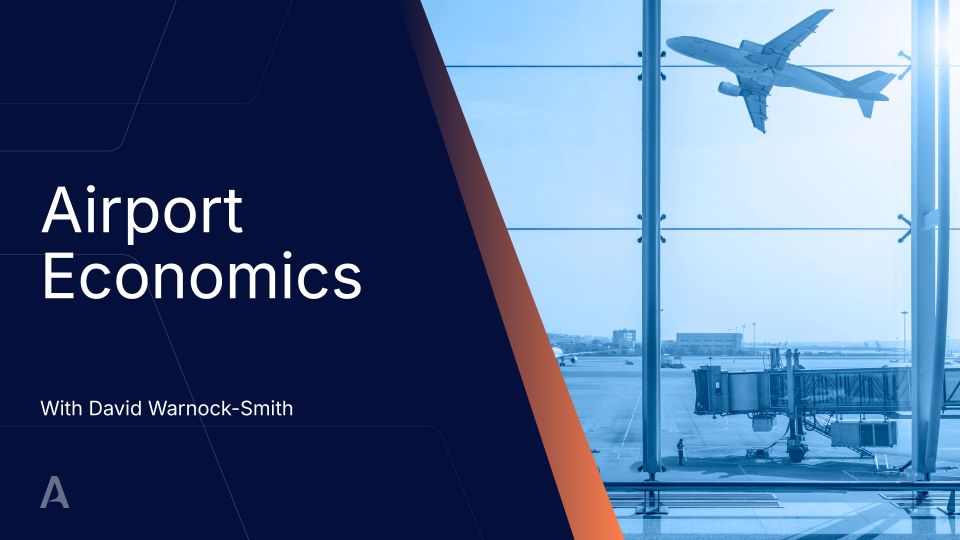

Course description
Airports are important asset providers for the aviation sector. Airports generally have distinctive business models to airline despite being mutually dependent on each other. Airlines can change their strategies more quickly based on changes in traffic flows whilst airports need to make longer-term decisions based on traffic forecasts over longer timeframes to ensure capacity is always ready, available and serviceable for its users.
This class is highly relevant to anyone wishing to better understand the airport business in the 21st century inclusive of the unique regulatory and sustainability-related constraints in which they increasingly must operate. Key concepts of airport economics and their applications will be covered such as traffic forecasting, user charges, operating and capital cost structures, ownership and control structures and airport benchmarking to measure airport business performance.
Learning outcomes
By the end of this class, participants will be equipped to:
- Explain key economic principles driving airport business models and operations
- Interpret ICAO guidance and regulatory frameworks related to airport charges and economics
- Analyze ownership, control, and concession structures in airport management
- Apply traffic forecasting and cost analysis to support strategic decisions
- Assess revenue streams and financial performance across aeronautical and non-aeronautical activities
- Conduct benchmarking and cost-benefit analysis (CBA) for airport development projects
Who should attend
- Airport Managers and Executives
- Financial and Commercial Managers in Aviation
- Civil Aviation Authority Representatives
- Regulators and Policy Advisors
- Airport Planners and Consultants
- Aviation Economists and Analysts
Meet your instructor
.JPEG)
David Warnock-Smith
David Warnock-Smith is currently a certified course instructor with IATA and Adjunct Professor of Aviation and Transport Management at Embry Riddle Aeronautical University and University of Surrey.
He has a professional background in airport handling, rail operational planning and tourism management (accommodation). He also has over 20 years of experience as an air transport adviser, trainer and consultant having completed assignments with, among others, the Caribbean Development Bank, Etihad Airways, and the Arab Air Carriers Organisation (AACO).
David works on applied aviation research projects. His current projects focus on developing increased connectivity for Europe's historically underserved regions in cooperation with the European Commission Joint Research Centre and the creation of sustainable regional airport ground access strategies for UK airports.
David holds a PhD in Air Transport Economics from Cranfield University, is an ACI Economics Committee member and a Member of the Chartered Institute of Logistics and Transport (MCILT).
Why you should attend?
The economic environment for airports is changing rapidly due to evolving regulation, sustainability pressures, and shifting airline dynamics. Understanding these complexities is essential for effective airport management. This training helps you navigate economic and financial decision-making, evaluate investment options, and adapt to emerging trends. You will gain practical insights into how airports plan, finance, and operate sustainably in a competitive and regulated market.


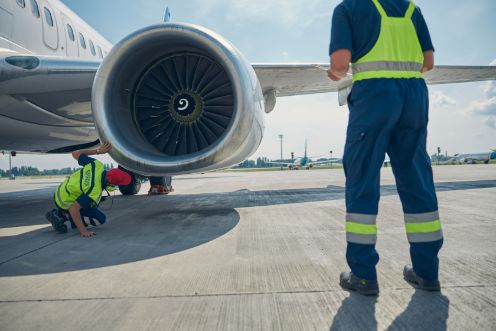





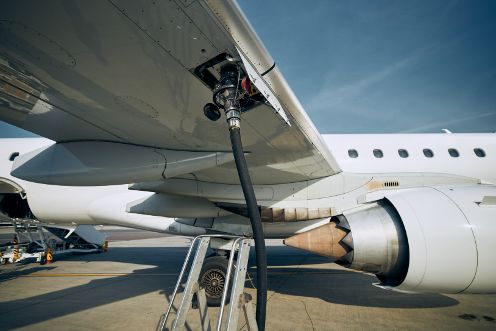

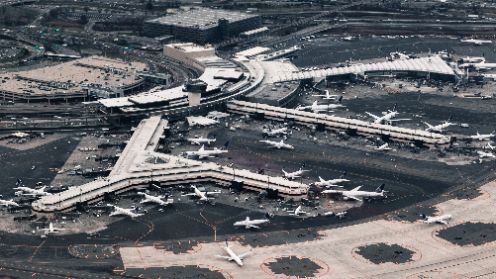

 resize.JPEG)

